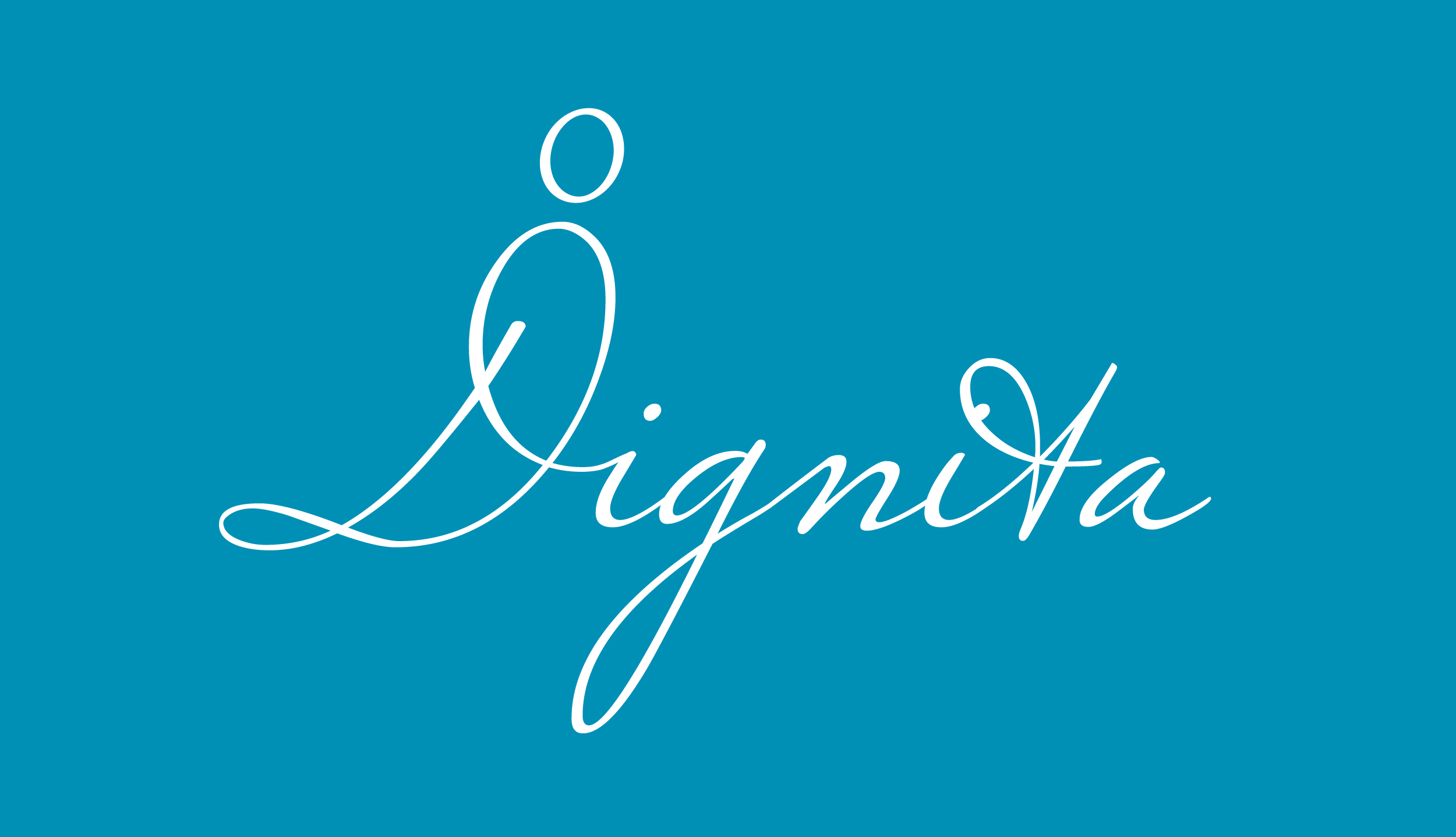"Member States may set up a national victims' fund or a similar instrument under their national law to pay compensation to victims "
This is one of the changes contained in the updated Directive 2011/36/EU on preventing and combating trafficking in human beings and protecting its victims. This year, 2024, the European Union has taken a significant step in the fight against human trafficking. The growing and changing threats and risks associated with forms of exploitation have necessitated a rethink of the existing main legislative framework in the Union - the 2011 EU Directive on combating trafficking in human beings. In this context, on 23 January 2024, the Belgian Presidency of the Council and the representatives of the European Parliament reached an agreement on changes to European legislation to combat trafficking in human beings.
One of the most significant changes is the addition of three more forms of exploitation:
✳️ forced marriages ✳️ illegal adoption ✳️ surrogacy
The update of the directive on preventing and combating trafficking in human beings introduces guarantees from member states that the knowing use of services provided by trafficked persons is subject to sanctions.
Member States are to ensure that victims of trafficking in human beings will have access to existing compensation regimes for victims of intentional violent crime, the form proposed includes the establishment of a national victims' fund or similar instrument under their national law to pay compensation to victims.
In determining the severity of the penalties to be imposed, an additional aggravating circumstance is provided for, which takes into account the increased dissemination, through information and communication technologies, of images, videos or other similar material of a sexual nature involving the victim.
Legal persons held liable for human trafficking offences will be subject to enhanced sanctions such as deprivation of access to public funding, including tenders, grants, concessions and licences, as well as the revocation of permits and licences to carry out the activities that led to the commission of the offence.
The changes introduced mark a major step forward in the way governance and general policy to combat trafficking in human beings is managed, with an emphasis on a multidisciplinary and cross-sectoral approach. Identification, assistance and protection of victims are identified as key stages in the whole process. Emphasis is placed on protecting, supporting and empowering victims, especially women and children.
The adoption of the revised Directive on combating trafficking in human beings represents an important milestone in strengthening and unifying national legislation across the EU. In the next 2 years, by 15 July 2026, the Directive is to be transposed by Member States into national legislation.
The Dignita Foundation will actively participate, as it has done so far, in the expert discussions related to the changes to the Directive at national and European level, as part of its advocacy and expertise.




